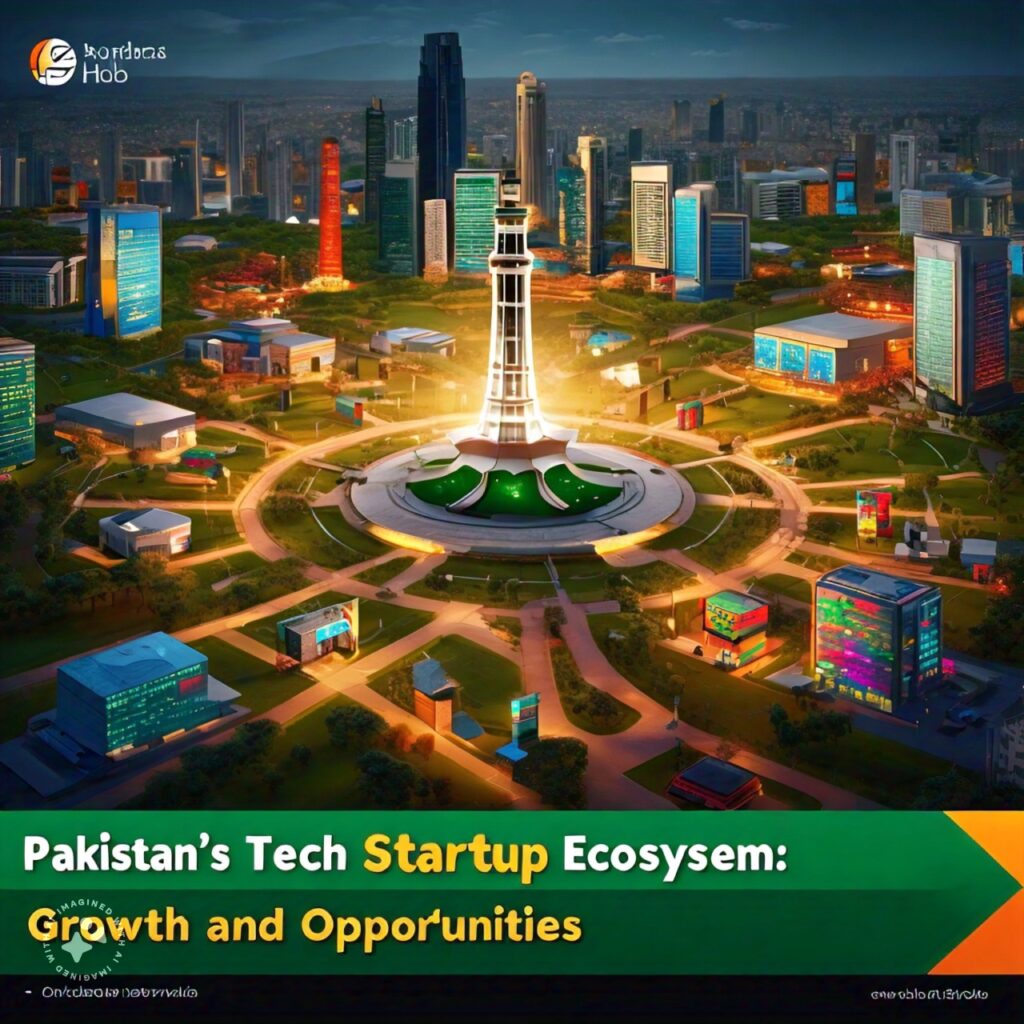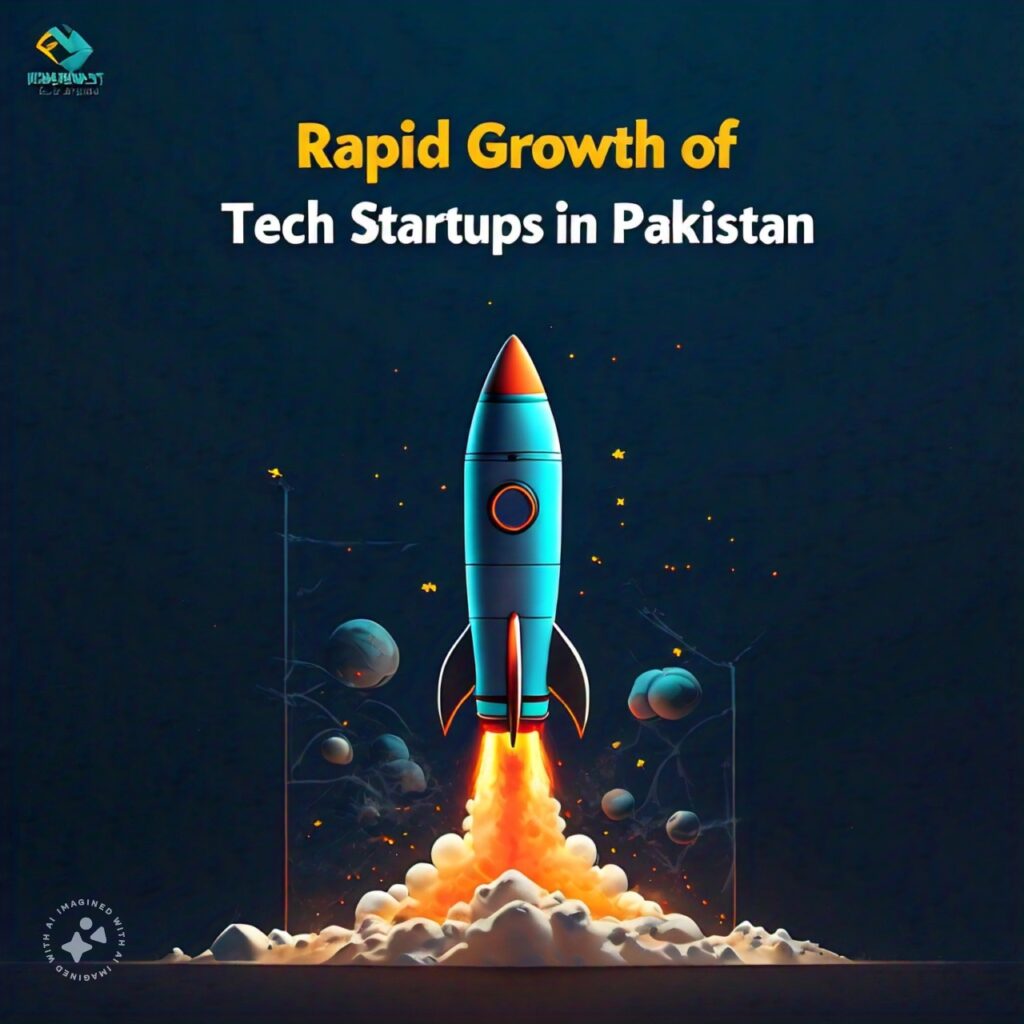Tech Startup Revolution: Pakistan, a country of over 230 million people, is experiencing a remarkable surge in the tech startup ecosystem. In recent years, the number of tech startups has grown significantly, with many gaining international recognition and accolades. This article explores the factors driving this growth, the impact it’s having on the country’s economy, and the potential for future expansion.
Government Support: A Key Driver of Growth and Innovation
The Government of Pakistan has launched several initiatives to promote the tech industry, including the establishment of tech zones, incubation centers, and funding programs. These initiatives have created a conducive environment for startups to flourish, innovate, and disrupt traditional industries. The government’s support has also encouraged private investment, with venture capital firms, angel investors, and crowdfunding platforms increasingly investing in Pakistani startups.
Talent Pool: A Key Asset and Driver of Growth
Pakistan has a large pool of talented and skilled individuals, with many returning from abroad to start their own ventures. This talent pool has been a key driver of the growth of tech startups in Pakistan, providing a skilled workforce and innovative ideas. The country’s universities are also producing a steady stream of skilled graduates, providing a pipeline of talent for startups.
Growing Demand for Digital Solutions and Innovation
The COVID-19 pandemic has accelerated the demand for digital solutions, creating new opportunities for tech startups. Pakistani startups have been quick to capitalize on this demand, developing innovative solutions for industries such as healthcare, education, e-commerce, and financial services.

Success Stories and Role Models
Several Pakistani startups have achieved significant success in recent years, serving as role models and inspiration for others. For example:
- Careem: A ride-hailing service acquired by Uber for $3.1 billion.
- Daraz: A leading e-commerce platform that has become a household name in Pakistan.
- Zameen: A real estate tech startup that has revolutionized the way people buy and sell properties.
- JazzCash: A leading fintech startup providing digital financial services.
Impact on the Economy and Society
The growth of tech startups in Pakistan is having a significant impact on the country’s economy and society. Tech startups have created thousands of jobs, both directly and indirectly, and are contributing significantly to Pakistan’s GDP. The tech industry is also driving innovation and entrepreneurship, creating new opportunities for economic growth and development.
Challenges and Opportunities
Despite the progress made, there are still several challenges that need to be addressed. These include:
- Limited Access to Funding: Many startups still struggle to access funding, particularly in the early stages of development.
- Regulatory Framework: A lack of clear regulations and laws hinders the growth of tech startups.
- Talent Retention: Pakistan faces a brain drain, with many talented individuals leaving the country for better opportunities.
- Digital Infrastructure: The need for improved digital infrastructure, including internet penetration and digital payments.

Conclusion
The growth of tech startups in Pakistan is a positive trend that is expected to continue in the coming years. With the right support and infrastructure, Pakistan has the potential to become a leading player in the global tech industry. It is essential for the government, private sector, and civil society to work together to address the challenges and create a conducive environment for tech startups to flourish.


